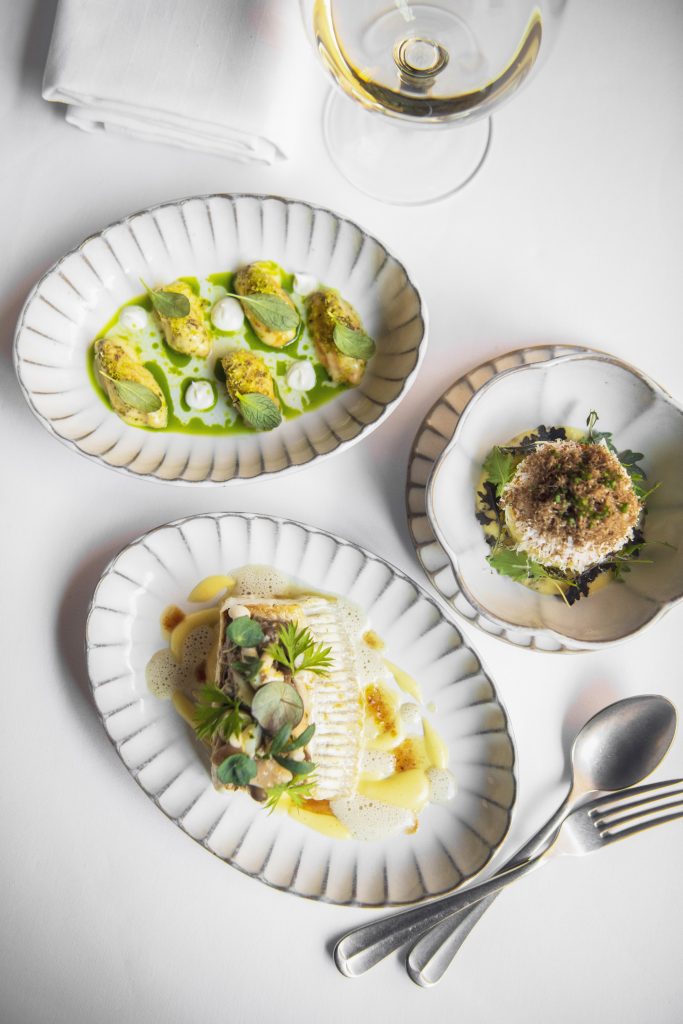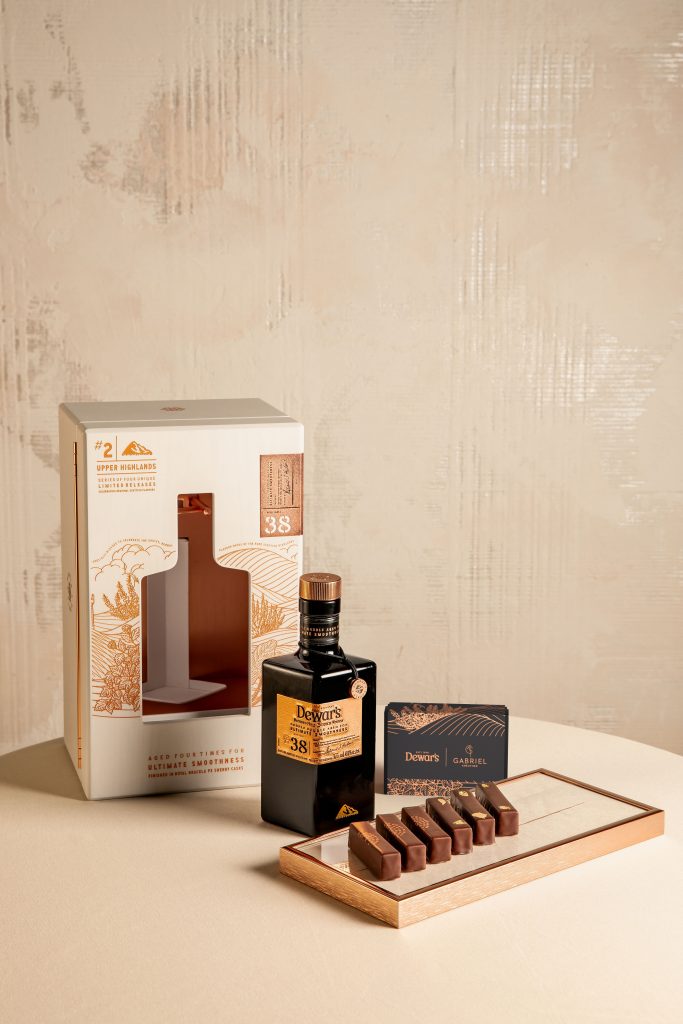Pongamia Trees Offer a Sustainable Alternative to Palm Oil

Palm oil and soy are two of the world’s largest drivers of deforestation, with the former destroying almost 25 million acres of forests in Indonesia and 47% of tree cover in Malaysia. A new method from agriculture company Terviva offers a climate-friendly alternative to both palm oil and soy by using the resilient pongamia trees. Capable of growing with minimal resources on degraded land, the trees have beans that are rich in oil (which is why India has used it for oil lamps and varnishes). Terviva discovered that when they process the bean and remove its bitterness it results in an oil (which they called Ponova) that’s rich in Omega-9 fatty acids. Ponova has already entered production and is used in a plant-based protein bar from food brand and B-corp Aloha. Meanwhile, Terviva plans on partnering with farmers whose lands have been devastated by climate change or disease in order to grow pongamia trees and strengthen their land. Learn more about the promising mission at Fast Company.
Image courtesy of Terviva
Via fastcompany.com link opens in a new window












